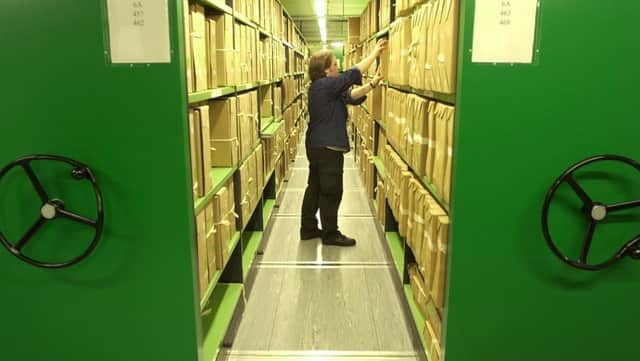Sign of the times for Scots law documents


‘Counterpart execution” is a process by which each of the parties to an agreement sign a separate but identical physical copy of it. Together, the various signed copies form a single document, without the need for all the parties to sign the same copy.
For many solicitors in the UK, the concept of counterpart execution is not unfamiliar. This manner of executing documents is commonplace in England and Wales, and indeed much of the English-speaking world. But it is only recently that the concept has been introduced formally into Scots law by the Legal Writings (Counterparts and Delivery) (Scotland) Act 2015 – which came into force on 1 July this year. The same Act also allows electronic “delivery” of copies of paper documents for legal purposes in Scottish transactions.
Advertisement
Hide AdAdvertisement
Hide AdIn Scots law, once a contract is agreed, there is traditionally either a gathering at which all parties sign the same document or, more commonly, the same copy of the document is circulated to the parties one by one for signature and return. These traditional methods were often considered to be outdated, and prone to higher costs and more time delays than the English alternative, particularly in the case of multi-party, multinational deals. With the introduction of the new Act, Scottish documents may now be executed in a similar way.
The new Act includes the following key provisions:
• where execution in counterpart is used, the counterparts are together treated as a single document;
• the single document can consist of all of the signed counterparts in their entirety, or one of the complete counterparts, together with the pages on which the other counterparts have been signed;
• the document is only treated as fully executed once all of the counterparts have been “delivered” – which will normally involve sending the signed counterpart to each other party to the document or, where there are more than two parties to the document, sending all of the parts to a nominated person (which is likely to be a solicitor acting for one of the parties);
• a copy of a document created on paper (whether or not executed in counterpart) may be delivered for legal purposes by electronic means such as email or fax; this means that counterparts can be “delivered” electronically once they have been signed;
• additionally, delivery by electronic means of a document created on paper doesn’t need to be satisfied by delivery of the whole document (including, where the document is a counterpart, delivery of the whole counterpart); part of the document may be delivered, providing this is sufficient on its own terms to show that it is part of the document and comprises, at a minimum, the page on which the sender has signed the document (for example, the first page of the document and the signing page may be sufficient);
• the electronic version of the document or part of the document delivered can’t stand as the “official” version of the version – this will remain the hard copy signed version.
There is no need to include a clause in a document allowing it to be executed in counterpart, but it will be useful to do so.
Advertisement
Hide AdAdvertisement
Hide AdThe changes introduced in the Act are an important tool for solicitors and others working on projects involving tight deadlines and several parties.
Under the traditional Scottish execution and delivery methods, it could take a long time to receive a fully signed version of a document – as the same document sometimes had to travel to several signatories before it could be completed. This sometimes meant single documents travelling across the world, which was expensive and time consuming. Under the new rules, this can be avoided. The documents will still need to be physically signed, but signings can take place in different locations contemporaneously, rather than on a “round robin” basis.
Furthermore, delays in delivery of documents as a result of postal or courier services will be avoided. When transactions come down to the wire, Scottish solicitors will be able to deliver a signed document with the click of a button.
The changes are an important step in the modernisation of Scots law and practice, with the anticipation that Scots law will become a more popular choice of law for commercial contracts.
• Jonathan Gaskell is a construction lawyer in the Edinburgh office of global law firm DLA Piper www.dlapiper.com